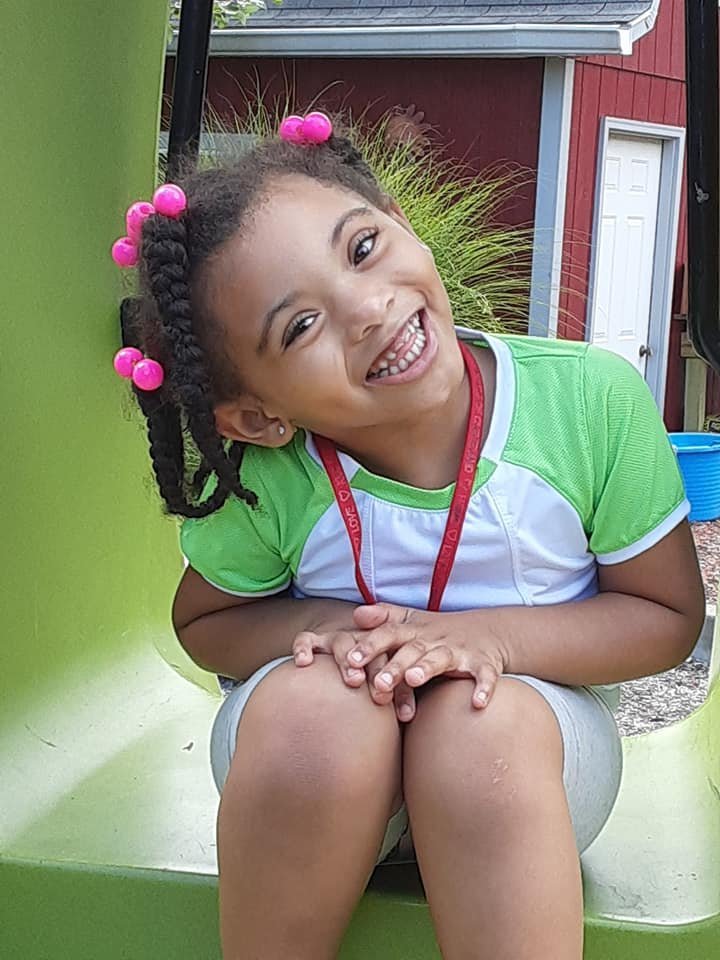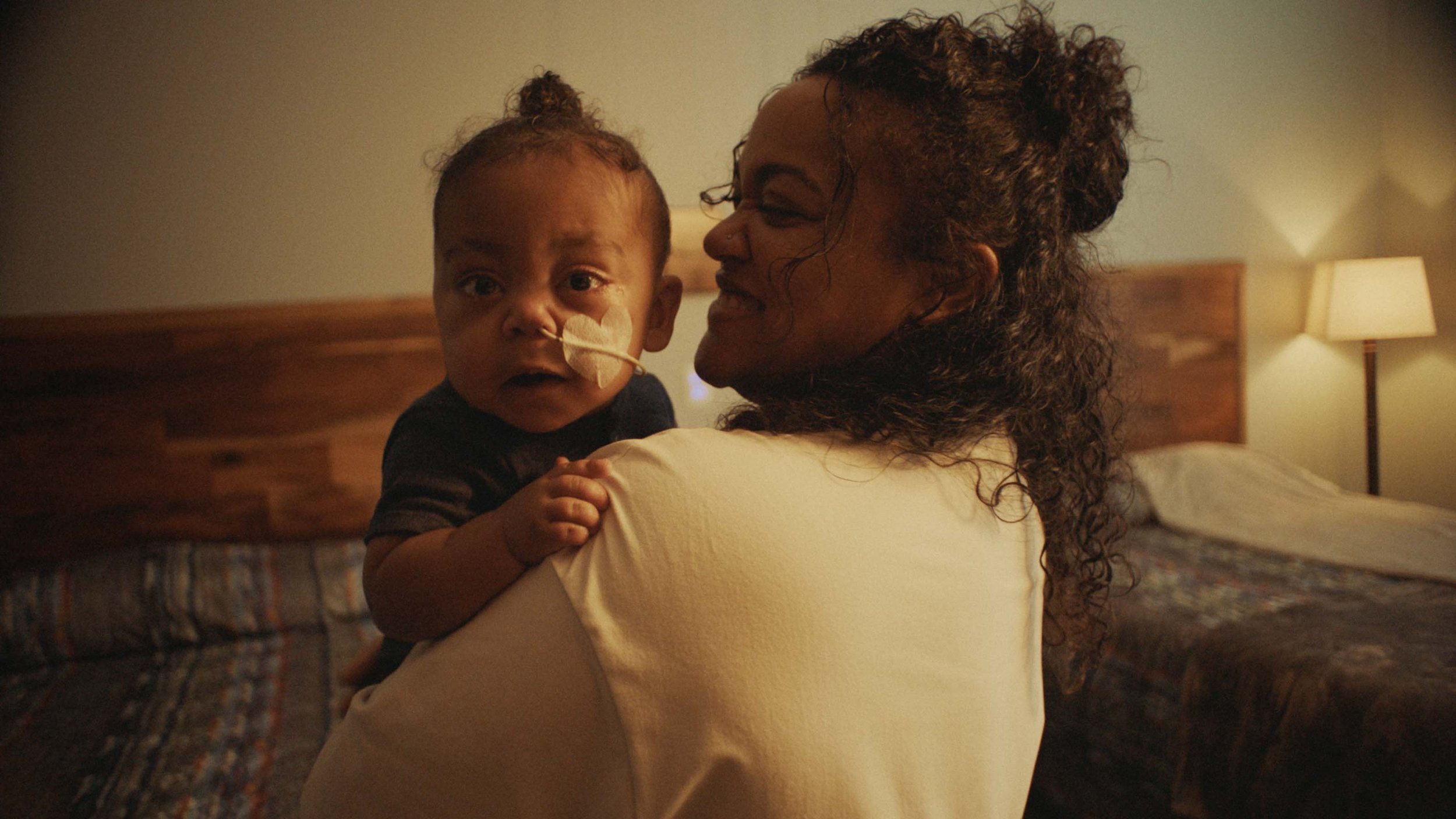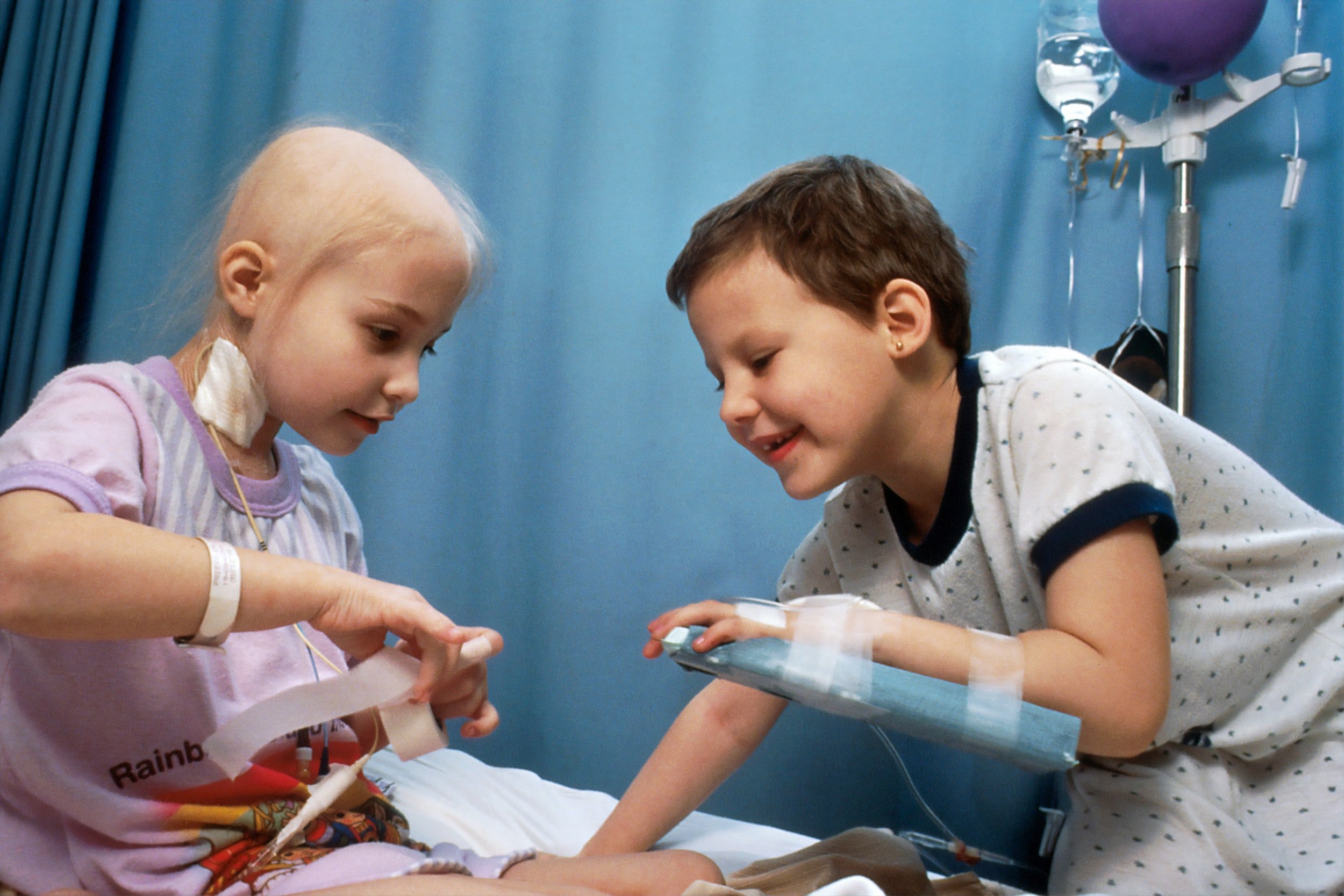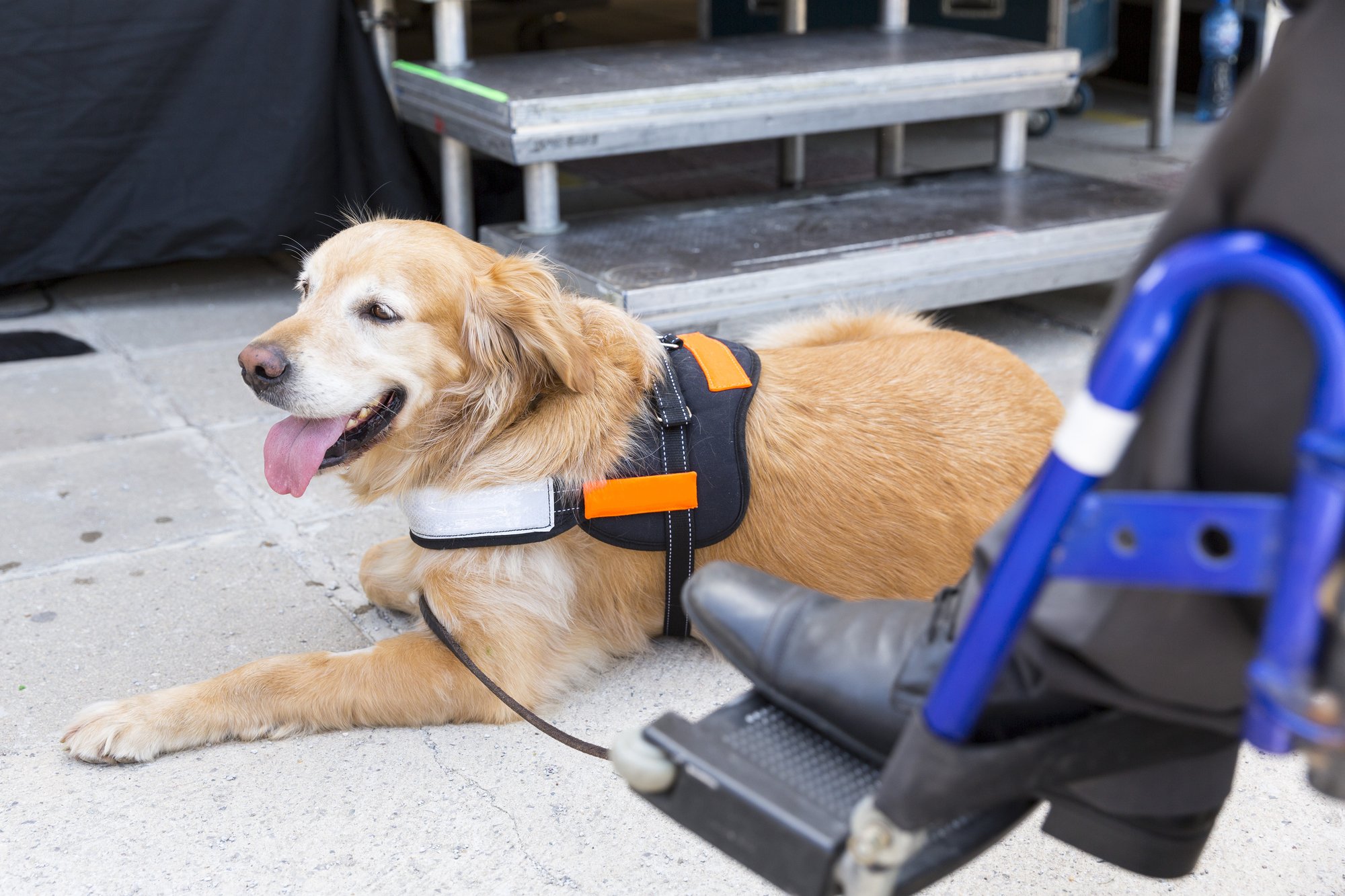Parent & Pro Picks
Search by Topic
- Child Development and Preventative Care Resources
- Developmental Disability Resources
- Diabetes and Endocrine Resources
- Financial Support
- Financial Support Resources
- Gastrointestinal Resources
- Grief Support
- Hospice Resources
- Housing/Transportation Resources
- Informational Resources
- Legal Support
- Neonatal and Premature Birth Resources
- Neurological Condition Resources
- Orthopedic and Mobility Impairment Resources
- Palliative Care Resources
- Pediatric Cancer
- Rare Disease Resources
- Recreation/Wish-Granting Resources
- Sibling Support
- Special Education Resources
- Transplant Patient Resources

Medical Identification Accessories
A medical identification or medical alert accessory can be a life saver in an emergency. If you or a loved one has a severe allergy, medical condition, disability or special need, adding a medical identification accessory to your daily outfit can alert emergency or medical professionals before they provide care.

Medical Housing: Resources & Support
If your child is undergoing treatment for a serious medical condition, you and other members of your family may be eligible to stay close to the hospital or facility where your child is receiving care. The resources in this guide are a great place to start if you are preparing for a hospital stay, a long course of treatment, or if your child has an emergent medical need far from home.

Traveling with Children who have Special Needs and Medical Challenges
Children with disabilities and medical challenges often require carefully coordinated, specialized care. This can make traveling away from home complicated, but not impossible with proper planning and resources. In this guide you’ll find resources that may help make traveling less challenging if your child has special needs or a medical condition to consider. This guide and the resources listed are not meant to replace consultation with medical professionals, or to diagnose a medical condition. Please reach out to a professional for advice and assistance.

Pediatric Palliative Care: What is it and Who Needs it?
Having a child with a serious illness is difficult for the entire family. Treatments that may be necessary to save or extend a child’s life can sometimes take as much of a toll on them as the illness itself. If your child has a serious illness, palliative care may be available and beneficial while they are being treated for their medical condition. Often confused or equated with hospice care (which is provided when a person is considered to be at the end of their life), palliative care can be added to a treatment plan at any time following the diagnosis of a serious illness. This guide explores the differences between palliative and hospice care, and share resources that may help you determine whether or not a palliative care program could benefit your child’s health and well-being.

Service, Emotional Support, and Therapy Animals: What’s The Difference?
Although the lines between service, emotional support, and therapy animals may seem blurred, this helpful guide will explain the difference between each type of animal, the services they provide, and the intricacies of bringing one into your life.

Wish-Granting Experiences & Gifts
Wish-granting foundations help families lighten their load, granting wishes ranging from a trip to Disneyland to a new computer to a chance to throw the first pitch at a major league game. If your child has a serious illness, disability or medical condition they may be eligible to receive a gift or have a wish granted through one of the organizations listed in this resource guide.
